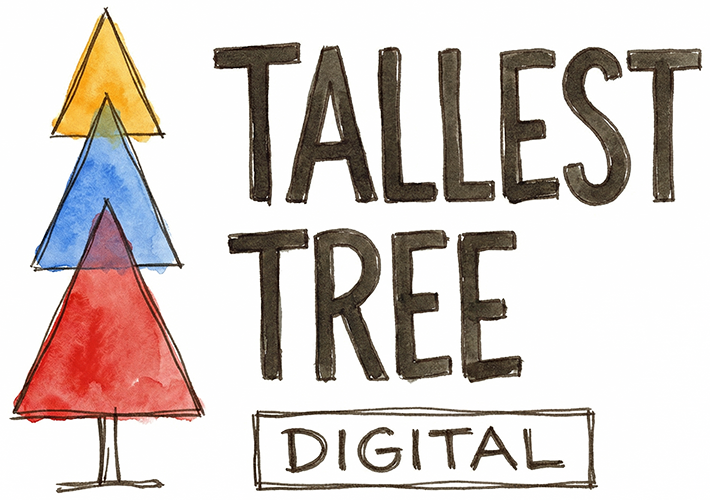SEO can seem like a thing from the early 2000s—something that only scammers and spammers talk about—but Google’s How Search Work Report says:
The most basic signal that information is relevant is when a webpage contains the same keywords as your search query. If those keywords appear on the page, or if they appear in the headings or body of the text, the information is more likely to be relevant.
So even though Google no longer falls for the paid link schemes or the keyword stuffing BS from the on-page SEO days of yore, they do rely on old-fashioned signals, like frequency and prominence of keywords, to surface the right content to the first ten search results.
Here are a few on-page SEO tactics you can still use to make your content more visible on Google in 2020:
1. Put Keywords in Your Title: Keyword rich titles rank higher than titles that don’t hit the subject of the page dead on. It’s difficult to restrain ourselves, especially when we think our writing is cute, but it’s best to be straight-forward and literal, rather than clever and oblique, when we’re putting a title to our writing.
2. Use keywords frequently: This isn’t like the days of stuffing keywords into a page, so don’t overdo it, but you should use the keywords in the title of your content a few times, especially in the first paragraphs of your page. This may conflict with good writing practice, which begs us not to repeat the same verbiage over and over again, but working in the same few words a handful of times can be less clunky than you think and provides Google with a clear signal of relevance.
3. Link to Relevant Content: Linking to relevant content that relates to your subject matter can help Google contextualize your content and improve your ranking. Give and you shall receive.
4. Optimize Your URLs: If you’ve got an annual study, quarterly report, or other “pillar content” that needs to stand out, give it a clean and concise URL.
So rather than:
insitute.org/taxes/study/2020/awesome-tax-report.html
Try something like:
insitute.org/taxes
5. Lead with the Keyword: Just like George Jefferson, your keywords should be moving on up. Place your keywords at the beginning of a title to signal that they are the focus of your content. So rather than “Why New Hampshire Should Avoid a Sale Tax” try “New Hampshire Sales Tax: Avoiding a Policy Mistake.”
6. Meta Descriptions: This sounds like something out of a 1990s blogging guide, but meta descriptions still matter. They determine the lines of text after your title in Google’s search results, and that small bit of text has a big influence on click-through rates.





